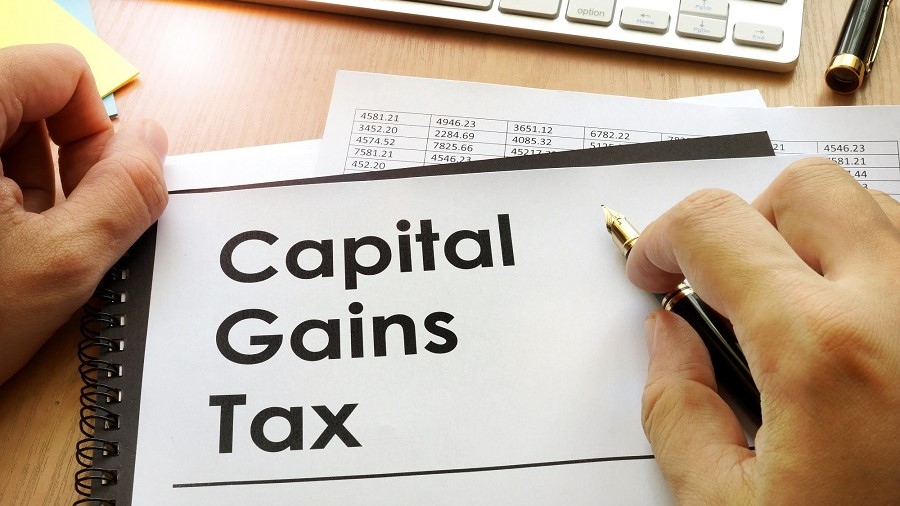Competition law enforcement – a fashion faux pas?
On 14 October 2025, the European Commission announced the imposition of fines of over €157 million on three luxury fashion brands, Gucci, Loewe and Chloé following their engagement in resale…
READ MORE




